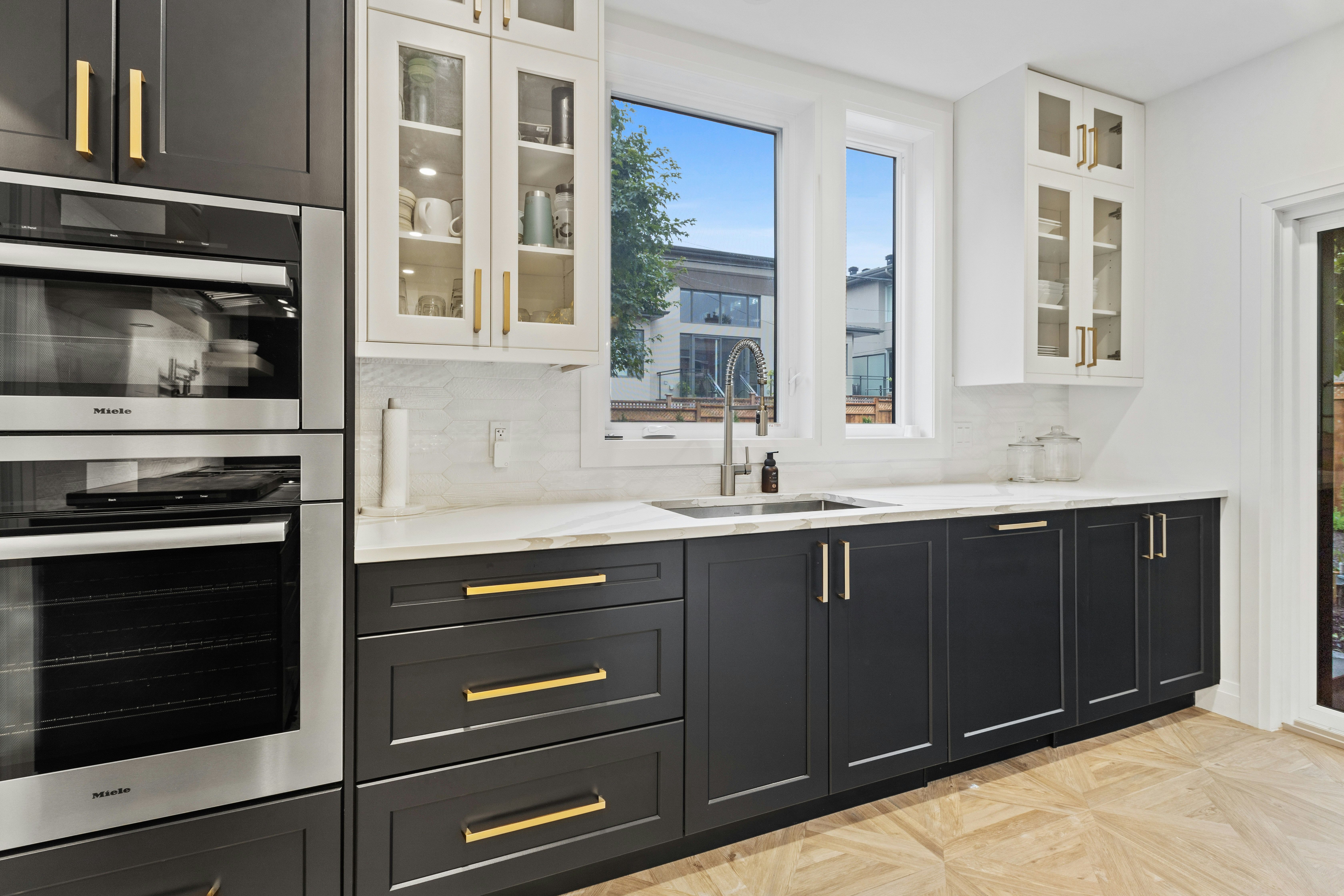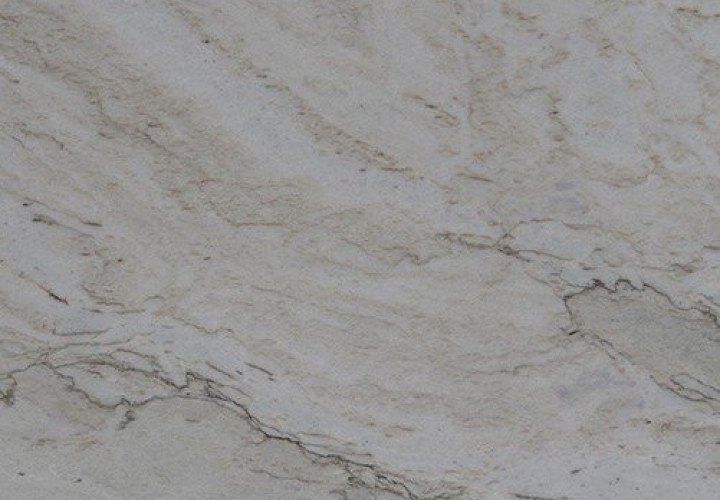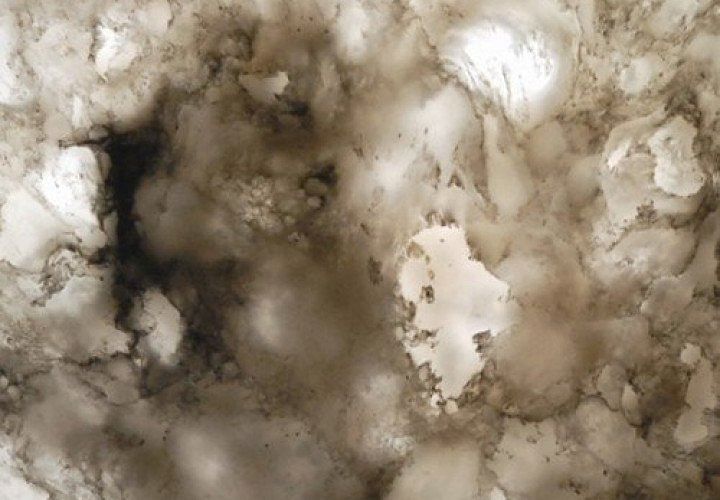We will be closed from Saturday, February 14th, through Tuesday February 17th, in observance of Mardi Gras

Quartz vs Quartzite
There are a variety of options for counter top materials you can use in your home or business. Many people are somewhat familiar with quartz, but wonder what the difference is between quartz and quartzite. With a name so similar, it makes sense to wonder how different they can possibly be. We'll explain the differences and similarities between quartz and quartzite here, so you can make a better decision about which material will work best for you.


Basic Differences between Quartz & Quartzite
Quartzite
is a naturally occurring metamorphic rock, meaning its appearance changes once it is subjected to immense heat or pressure. The patterns, colors, and unique markings you see on quartzite slabs are usually the result of geologic processes (think, techtonic plate movement). Much like other natural rocks and stone pieces, quartzite is mined from the earth then processed into slabs for countertops or other uses.
Quartz
is a manufactured or engineered material, containing natural quartz pieces (silicon & oxygen, as silicon dioxide). These quartz pieces are blended with synthetic materials to create an engineered material which looks and feels like a naturally occurring stone.
Basically, quartzite is naturally occuring while quartz is a blend of natural and synthetic materials.
Appearance
Quartzite
As quartzite is the product of natural geologic processes, each slab is different and may have differences in color and markings. Typically, quartzite is in the grey-white family, but there are some variances in mineral combinations which produce slabs with green, pink, red, yellow, blue, and orange coloration.
Quartz
Engineered materials are much more flexible, in terms of appearance. Quartz can be blended with pigments and crafted using particular colors and sizes of quartz fragments. It is possible to obtain a more consistent color or marking pattern for larger jobs, as quartz can be created in large quanitites using the same process, pigments, natural quartz fragments, and synthetic materials.
Both quartz and quartzite are beautiful materials. There are differences between the appearance of the two materials, but as quartzite is a natural stone and quartz is manufactured, there is a huge amount of variance to account for when comparing appearance.
Durability
Quartzite
Natural stones tend to be strong and highly durable, and quartzite is one of the strongest natural stones available for use as countertops. However, as with most natural stones, it is possible to crack or chip quarzite. So, caution must be used when placing or handling heavy items on quartzite. However, quartzite is very durable when used in heat-sensitive applications (such as areas where hot pots or other hot items may be placed).
Quartz
One of the most common synthetic materials used in some quartz in a plastic-based resin. This allows quartz to be more resistant to cracking or breaking. However, the biggest disadvantage is its inability to resist heat damage. The resin in some quartz blends will not stand up against temperatures which are commonly achieved in cooking (think, above 300° F). However, we are pleased to carry Vadara Quartz, which stands up very well to heat.
Upkeep
Quartzite
Like most natural stones, quartzite is relatively easy to maintain. It does require being sealed, and will typically need to be re-sealed 1-2 times per year. However, once your quartzite is sealed, it will be very resistant to staining, discoloration, and degradation.
Quartz
There is no sealing or resealing required for quartz. It is a very easy material to maintain. We recommend basic, non-abrasive cleaning for your quartz.
So, which is better?
In terms of appearance, durability, and upkeep, there is really no clear winner. Both quartzite and quartz are beautiful materials, and they may have a slight advantage in different applications. If you're unsure as to which may work best in your residential or commercial project, contact us and we'll help!
